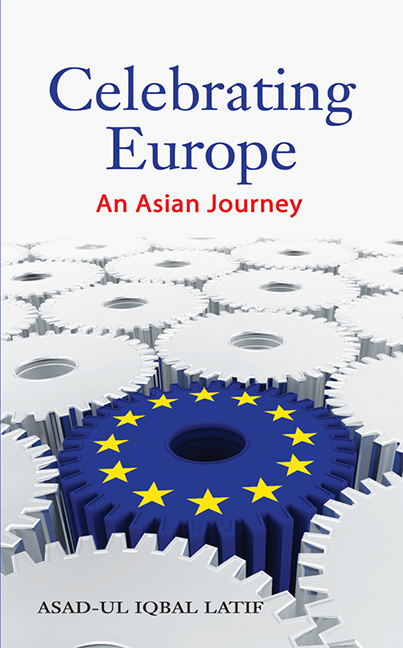Book contents
- Frontmatter
- Dedication
- Contents
- Foreword
- Acknowledgements
- Introduction: Europe
- 1 Europe Abroad
- 2 Gentiles
- 3 The Berlin Wall
- 4 Soviets of the Mind
- 5 The Secular Soul
- 6 The Leopard's Italy
- 7 England
- 8 Champagne France
- 9 Two Bengali Greeks
- 10 The Polish Hospital
- 11 Postmodern Europe
- Bibliography
- Index
- About the Author
- Frontmatter
- Dedication
- Contents
- Foreword
- Acknowledgements
- Introduction: Europe
- 1 Europe Abroad
- 2 Gentiles
- 3 The Berlin Wall
- 4 Soviets of the Mind
- 5 The Secular Soul
- 6 The Leopard's Italy
- 7 England
- 8 Champagne France
- 9 Two Bengali Greeks
- 10 The Polish Hospital
- 11 Postmodern Europe
- Bibliography
- Index
- About the Author
Summary
Presidency College shares a playing field with Hare School, my father's school. Like the school, the establishment of the college in 1817 had opened an early chapter of the Bengal Renaissance. An extraordinary quickening of the senses accompanied every class or tutorial with our teachers at Presidency, most of whom had been students of the college themselves. They impressed on us the importance of not reading backwards into literature, of not imposing our values on the past in a regressive attempt to recover it for our age. Each age and its literature had to be judged on its own terms, which meant placing it in the tradition that it had grown from and the tradition that it had grown into. No age could be judged by extrapolating back into it what a subsequent age did, nor by looking in it for seeds of the future, except inasmuch as the earlier age had itself tilled the field. Thus, G.B. Harrison's scholarly approach to Shakespeare was dinned into us by the head of the department, the stern but saintly Professor Sailendra Kumar Sen. Harrison's approach rested on recreating Shakespeare's historical environment; recognizing the conditions of dramatic production in which he had functioned; and knowing the conditions of publication that had delivered to posterity his plays as printed texts. To read Shakespeare meant viewing the Elizabethan world picture that he worked within, not least for its reflection in the Tudor view of history. This historical approach to literature was conservative; it was, to employ Sir Herbert Butterfield's analogous metaphor, a warning against a Whig interpretation of literature in which the written word from Chaucer to Browning is studied with reference to its receding distance from a centrally situated present. All the past then becomes a preparation for the present: Literature, like history, becomes a story of progress. We were permitted no such illusions, literary or historical.
- Type
- Chapter
- Information
- Celebrating EuropeAn Asian Journey, pp. 92 - 108Publisher: ISEAS–Yusof Ishak InstitutePrint publication year: 2012



